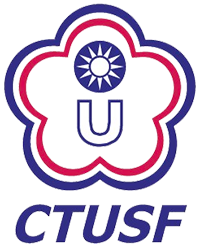Sports & Exercise Research Volume 23 Number 4
Author:Yu-Hui Chiu ; Mei-Yao Huang ; San-Tsai Wang ; Ko-Hsin Chang
Period/Date/Page:Vol. 23 No. 4 (2021 / 12 / 31) , P391 - 407
DOI:10.5297/ser.202112_23(4).0004
Psychological Experiences of Ego Involvement Among Elite Athletes in Competition Settings: A Qualitative Approach
Abstract:Achievement goal theory suggests that in achievement settings, if an athlete adopts ego involvement in sports but perceives low competence exhibited maladaptive behavior. But some research indicated that individuals with high ego orientation and high perceived ability demonstrated adaptive behavior. The purpose of the present study was to explore the unique experiences of those elite athletes who represent their country with high expectations from citizens and must adopt an "ego involvement" in competition. We sampled 7 elite athletes who had Summer Universiade experience by in-depth interview, and 8 experts for focus-group interviews using grounded theory. The results showed when adopting ego involvement in the competition, elite athletes exhibited both positive and negative behaviors. Negative behaviors supported within prior literature include high anxiety, giving up when winning is impossible, low sportspersonship, and cheating. However, we also found high ego involvement involves psychological strengths such as competitiveness, high confidence, fighting spirit, persistence in training, and resilience. We conclude that ego involvement has a unique feature in positive behaviors. Future research into its strength, by both quantitative and qualitative approaches, would be worthwhile. (Full text)




